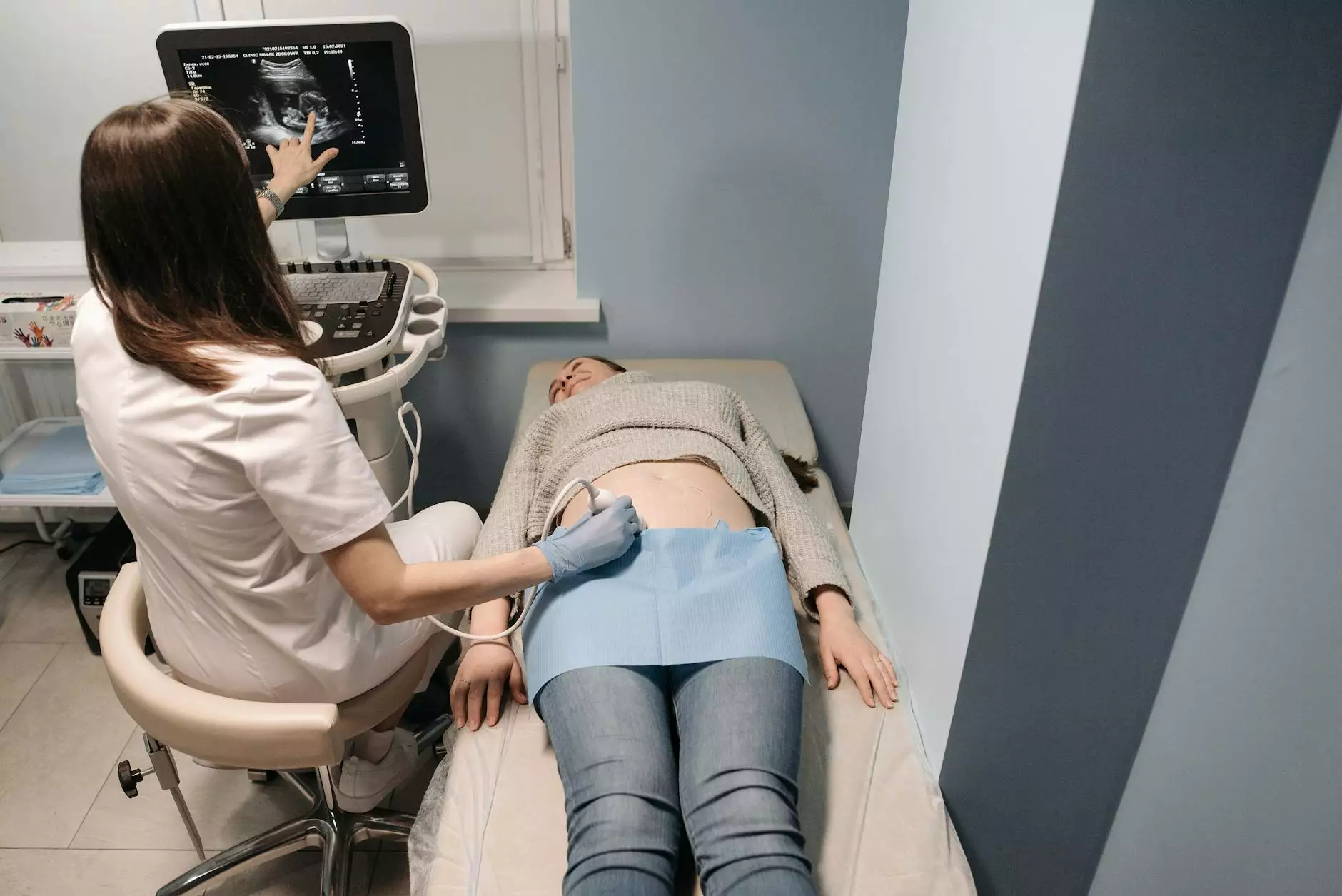Understanding Deep Venous Thrombosis: A Comprehensive Guide

Introduction
Welcome to Vein Center of Arizona, where we specialize in vascular medicine, providing exceptional care in diagnosing and treating a wide range of vascular conditions, including the potentially serious condition called deep venous thrombosis (DVT).
What is Deep Venous Thrombosis?
Deep venous thrombosis, also known as DVT, is a condition characterized by the formation of blood clots within the deep veins of the body, most commonly occurring in the legs. These blood clots can hinder blood flow and if left untreated, can lead to severe complications such as pulmonary embolism, which is when the clot breaks off and travels to the lungs.
Causes of Deep Venous Thrombosis
DVT usually occurs due to a combination of factors, referred to as Virchow's triad. The three main contributors to DVT formation are:
- Stasis: When blood flow becomes slower or stagnant, often caused by prolonged immobility, such as sitting for long periods during travel or recovering from surgery.
- Endothelial Injury: Damage to the inner lining of blood vessels, which can occur due to trauma, surgery, or inflammation.
- Hypercoagulability: An abnormality in the blood's ability to clot, which can be caused by genetic factors, certain medications, or medical conditions.
Symptoms of Deep Venous Thrombosis
Recognizing the symptoms of DVT is crucial for early detection and treatment. While some cases may present with no symptoms, common signs to watch out for include:
- Swelling: Usually in one leg or arm, accompanied by pain and tenderness.
- Warmth and Redness: Over the affected area, indicating inflammation.
- Visible Veins: Surface veins may appear more prominent or engorged.
- Leg Fatigue: Heaviness or fatigue in the affected limb.
Diagnosis and Risk Factors
To diagnose and assess DVT, our experienced doctors at Vein Center of Arizona utilize a combination of techniques, including:
- Ultrasound: A non-invasive imaging test that allows visualization of blood flow and potential blood clots within the veins.
- Blood Tests: These help identify genetic or medical factors that may contribute to DVT formation.
- Physical Examination: A thorough evaluation of your symptoms, medical history, and risk factors.
Several factors can increase the risk of developing deep venous thrombosis, which include:
- Long periods of immobility, such as bed rest or prolonged travel.
- Recent surgery, especially orthopedic or abdominal procedures.
- Pregnancy or the postpartum period.
- Certain medical conditions, such as cancer or heart failure.
- Obesity and a sedentary lifestyle.
- Smoking and the use of hormonal contraceptives.
Prevention and Treatment Options
Preventing DVT is highly beneficial for individuals at higher risk and those who have previously experienced a blood clot. Some preventive measures include:
- Mobility: Regular movement and exercise to promote blood flow.
- Compression Stockings: Wearing specially fitted stockings that apply pressure to the legs, aiding in blood circulation.
- Medication: In certain cases, your doctor may prescribe anticoagulant medications to reduce the risk of blood clot formation.
If DVT occurs, prompt and appropriate treatment is essential to prevent complications. Common treatment options include:
- Anticoagulant Medications: Also known as blood thinners, these medications help prevent existing clots from growing larger and stop new clots from forming.
- Thrombolytic Therapy: In more severe cases, medication may be used to dissolve the blood clot.
- Inferior Vena Cava (IVC) Filters: Placed in the large vein returning blood from the lower body to catch large fragments of the clot, preventing them from reaching the lungs.
- Balloon Angioplasty and Stenting: In cases of chronic DVT, this procedure can help restore blood flow by opening up narrowed or blocked veins.
Trust Vein Center of Arizona for Your Vascular Medicine Needs
At Vein Center of Arizona, our highly experienced doctors specialize in vascular medicine and are dedicated to providing quality care for patients with DVT and other vascular conditions. With our state-of-the-art facilities and advanced treatments, we ensure each patient receives personalized and effective care.
Don't let DVT go unnoticed or untreated. Contact Vein Center of Arizona today to schedule an appointment or learn more about our comprehensive vascular medicine services.









